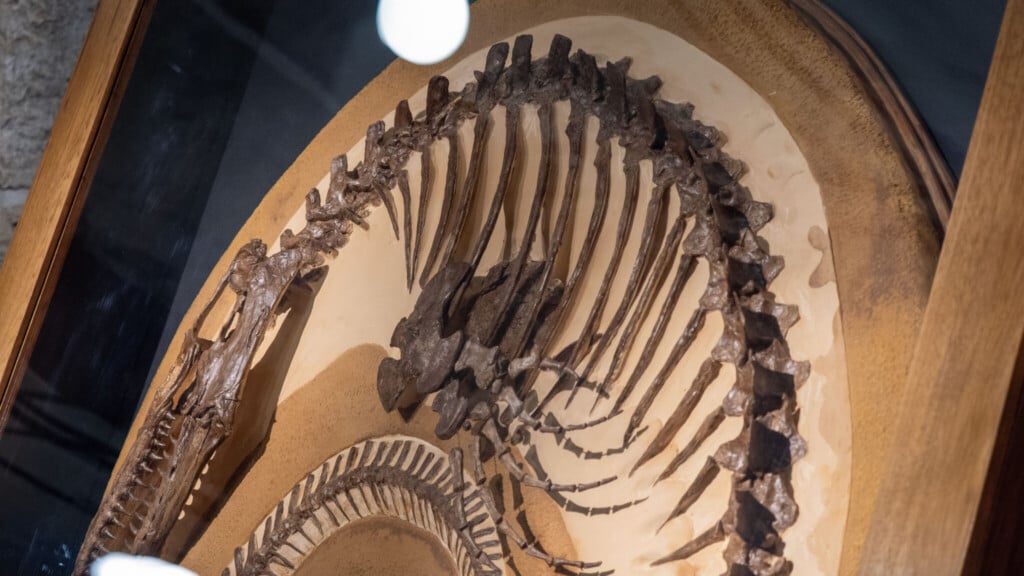Water Pressure
The Strip always marvels at the way wealthy and powerful people manage to get themselves out of scrapes. The latest example comes courtesy of former mayor Emanuel Cleaver, whose campaign for Congress hit an early snag last week.
Dave Helling at KCTV Channel 5 (one of the station’s reporters who, unlike the clowns baiting Internet perverts for ratings, does serious news) broke the story that a Cleaver-owned car wash owed more than $30,000 in back taxes. And voila! Just like that, after other media began jumping on the story, Cleaver made his problem go away — by finding someone to loan him the money to pay off his debt.
Now, outside of the world inhabited by influential people, it can be tough to convince a banker to loan you money if you can’t pay your bills. And plenty of people, including Cleaver’s Democratic opponent for the 5th District Congressional seat, Jamie Metzl, are nagging the ex-mayor to divulge who loaned him the quick cash.
But while we all wait for Cleaver to fess up, this meat patty thought it might be useful to remind folks that Cleaver has a history of attracting generous help from bankers.
To purchase the Grandview Auto Wash in the first place, Cleaver got help with a mess of government-backed loans back in 2001 — including some from agencies that weren’t really created to help politicians buy businesses in the suburbs.
Cleaver got a $1.3 million loan from the federal Small Business Loan Association. But even with that sort of government-backed loan, a borrower has to show a bank that he has some money of his own and a real stake in the business he’s buying.
For his part, Cleaver needed to come up with a little more than $300,000. But he had only $161,600 to offer, according to documents uncovered by Pitch writer Joe Miller (“Clever Cleaver,” April 4, 2002). To cover the rest, Cleaver got $80,000 from Missouri’s Urban Enterprise Loan Program and another $80,000 from the Kansas City Minority Business Capital Corporation, or MBCC, a privately endowed nonprofit lender staffed by Kansas City government employees.
Here’s the funny part: Only businesses located in run-down areas of Kansas City and St. Louis are eligible to receive funds from the Urban Enterprise Loan Program, according to the state’s published guidelines. The program even offers a map. And Grandview, where Cleaver’s car wash is, ain’t on it.
The MBCC program, on the other hand, was originally designed to help existing small, minority-owned businesses buy stuff they need to help them make more money (a bulldozer for a construction company, for instance) or to provide a line of credit to help growing companies survive an unpredictable cash flow. It’s not against the rules to buy a new business with these funds, but it certainly contradicts the sentiment of the program’s founding.
In fact, Cleaver’s loan package appeared to violate MBCC’s own rules, according to officials there who spoke with the Pitch at the time. MBCC loans must be matched by conventional bank loans, not government-backed loans, in order to demonstrate that a company is viable enough to attract support from a private lender.
That’s the case under normal circumstances, anyway — the sort of situations those of us who aren’t well-known and well-connected usually find ourselves in. For ex-mayors, however, bankers seem more than happy to bend certain rules — like helping a bigwig, say, pay off a delinquent tax bill.
While this meat patty waits for Cleaver to come clean, it’s time this chastened chuck roast did some of its own confessing.
Back in January, the Strip admitted an admiration for Park University’s resident media critic, professor and Web logger Andrew Cline. In particular, this tenderloin dug the prof’s theories about how national media types sway the presidential primary election season with stories that obsess over electability and anointing a front-runner.
In fact, Cline said, history proves that the press has an undue influence on the Democratic nomination. And that same data suggested that whoever was leading in national polls before the Iowa caucus (Howard Dean, in this case) would eventually become the party’s nominee, regardless of Iowa’s outcome.
Sounded convincing to this sirloin. But only a few weeks later, the so-called “Mayer model” that Cline relied on to predict an eventual winner went out with Dean’s “Yeeeaaaaagh.”
So what happened, doc?
“I was not a Dean supporter, but I find how rapid his collapse was both stunning and fascinating,” Cline says. “I don’t think anybody would have predicted it. Which tells me that the structure [of Dean’s support] was weak.”
Cline insists that the national press still has a lot of say in who makes the November ballot, but Dean’s loss does puzzle him — in a good way. “Now that the model didn’t predict the winner, we actually have something interesting to ponder.” Cline tossed out a number of theories behind Dean’s collapse, but the one that intrigues him the most is that Dean himself screwed the pooch.
The only other time since 1980 that the Mayer model failed to predict a winner, in 1988, front-runner Gary Hart crashed and burned after reporters alleged an extramarital affair with Donna Rice. Dean’s downfall wasn’t as dramatic, but Cline says the former Vermont governor’s constant gaffes may have had the same effect.
Poor bastard. At least Hart got some action before tanking.




